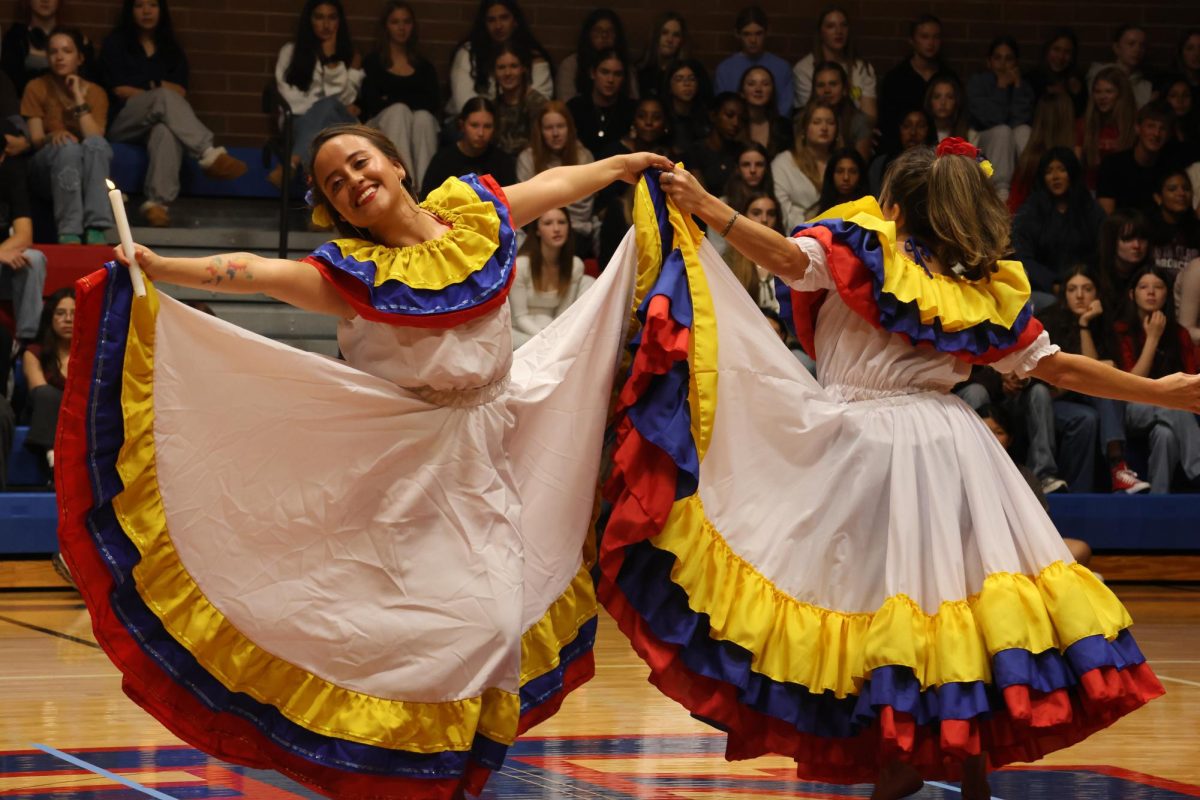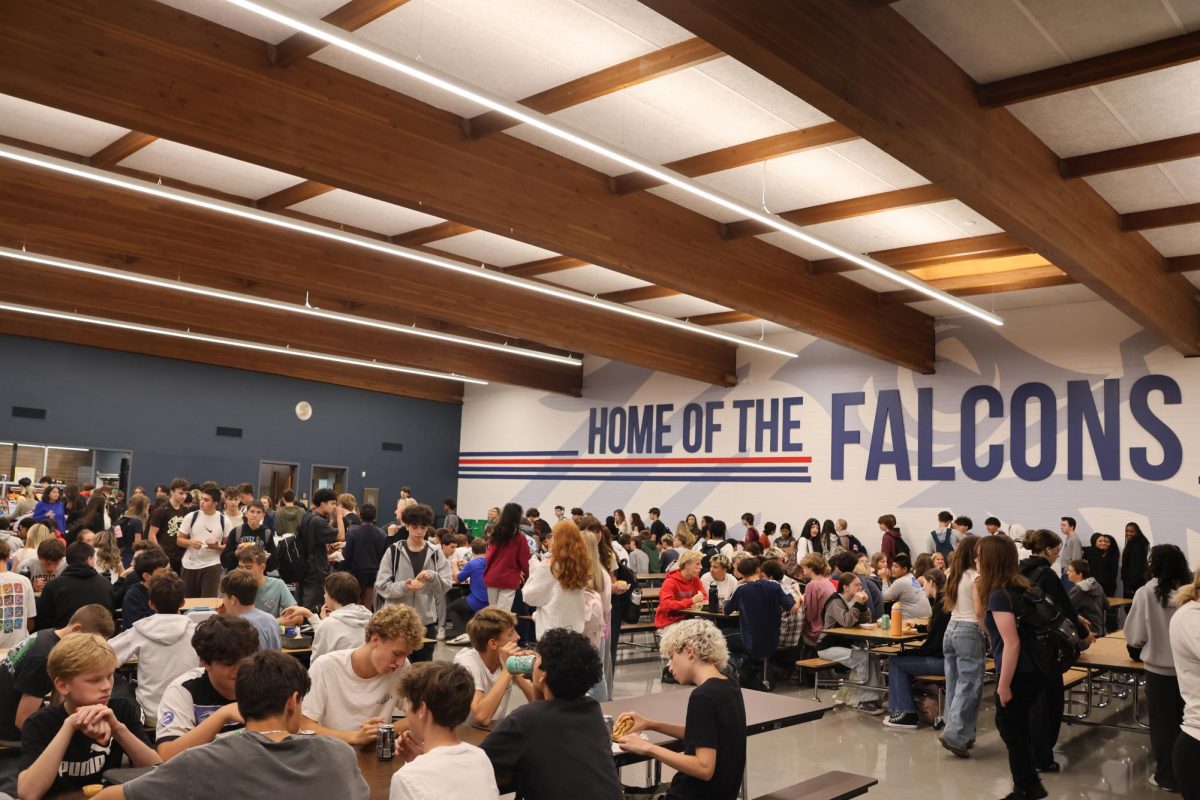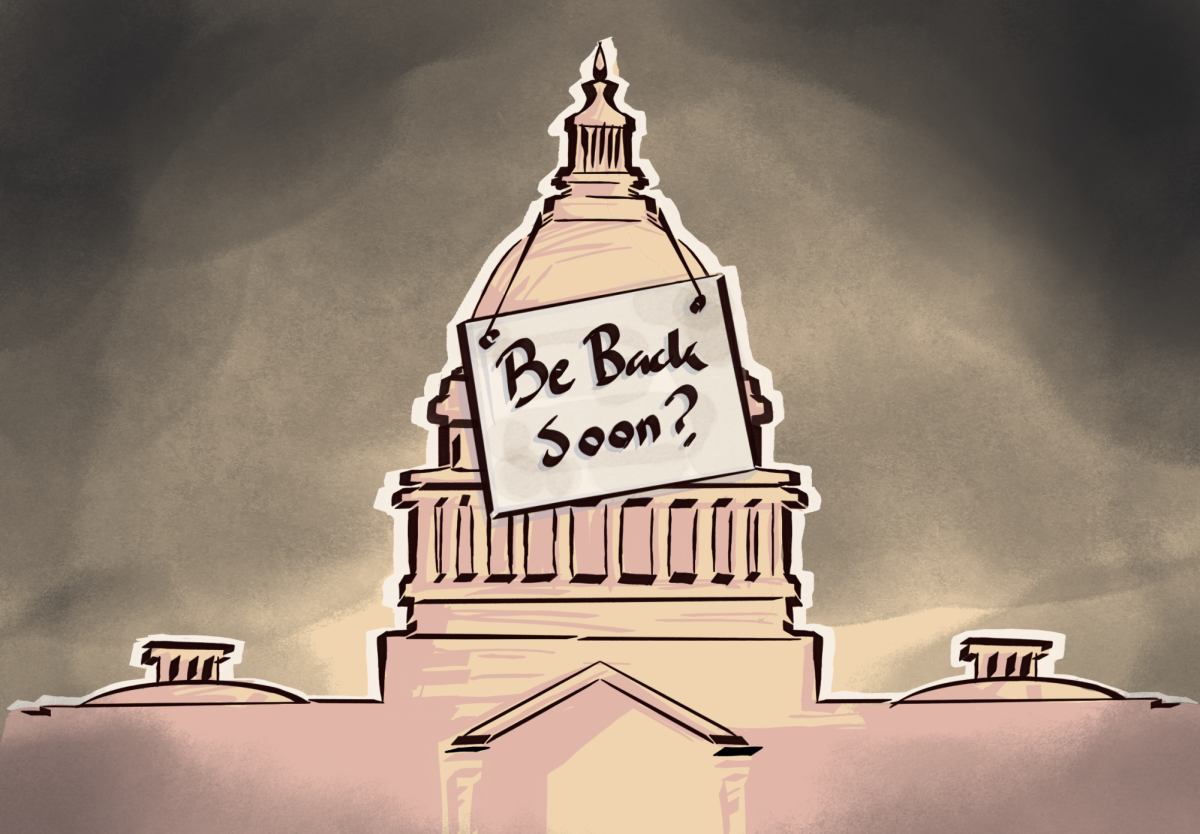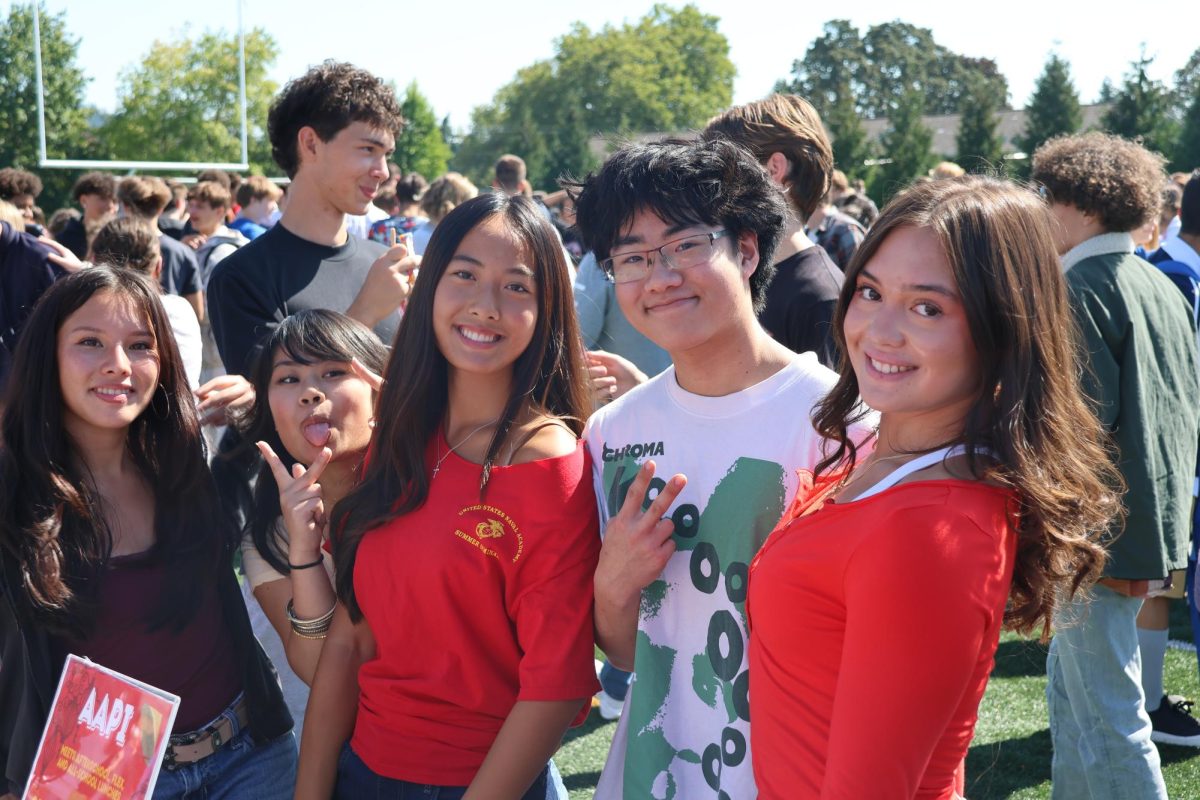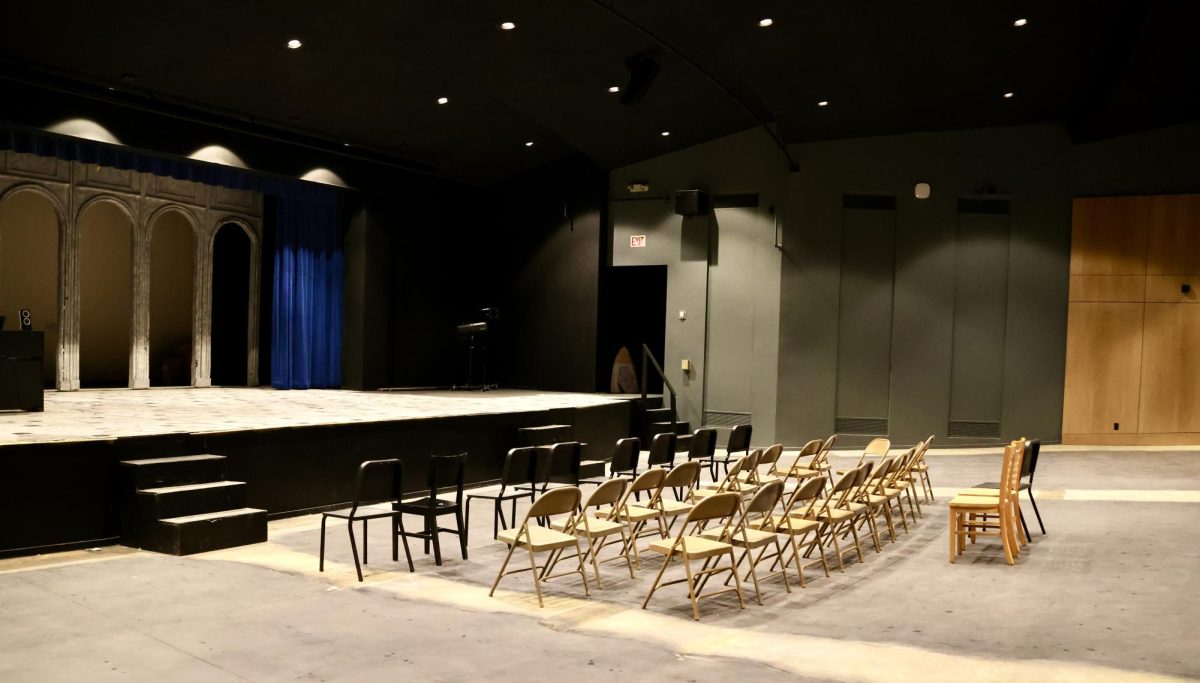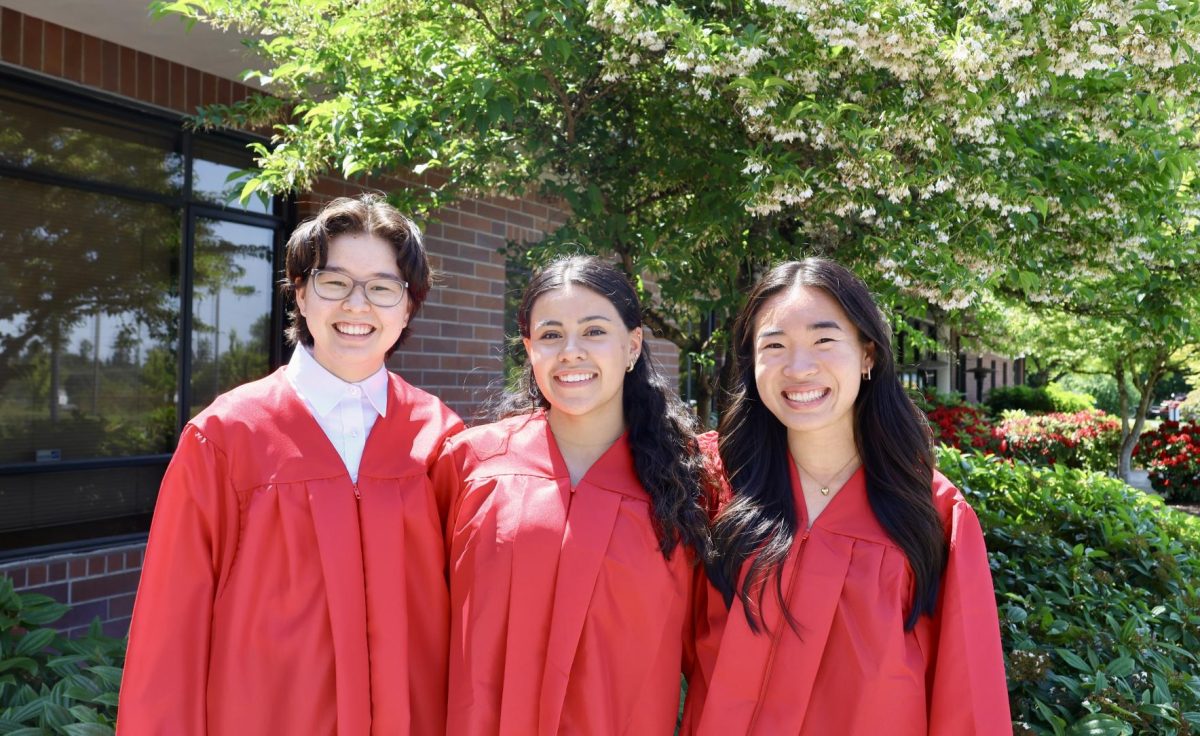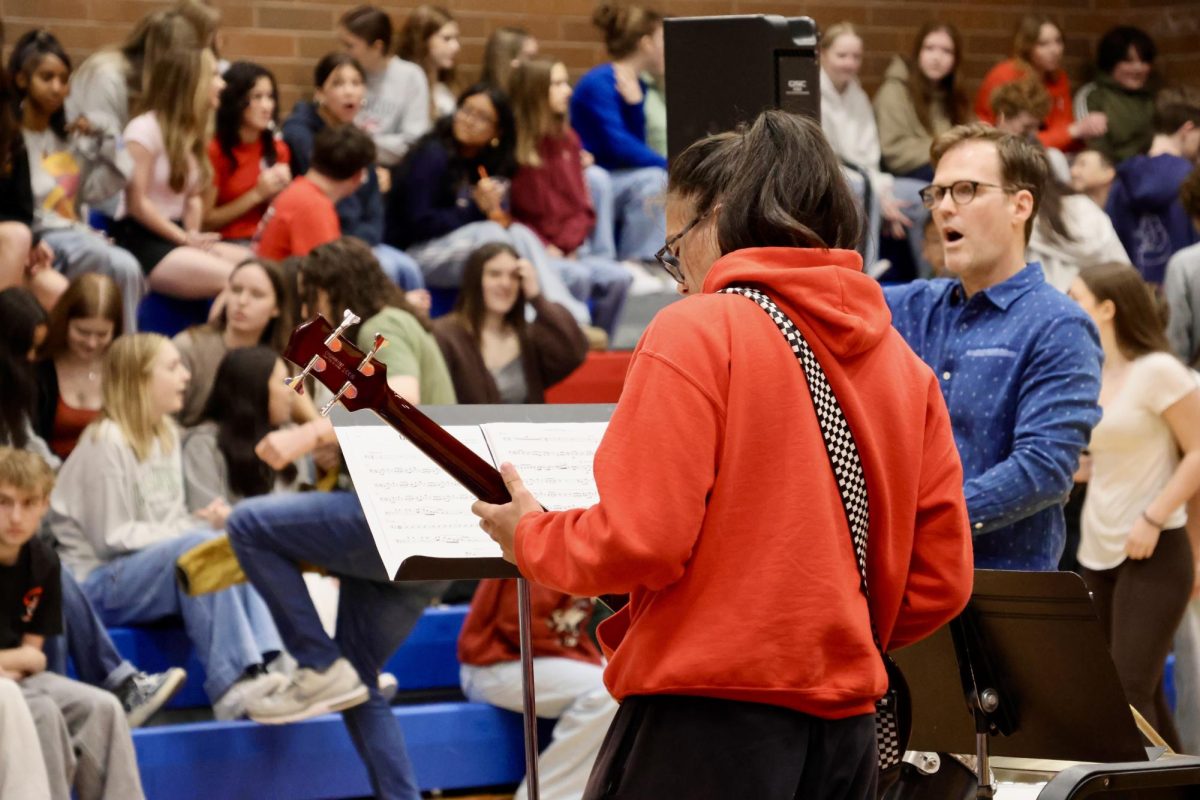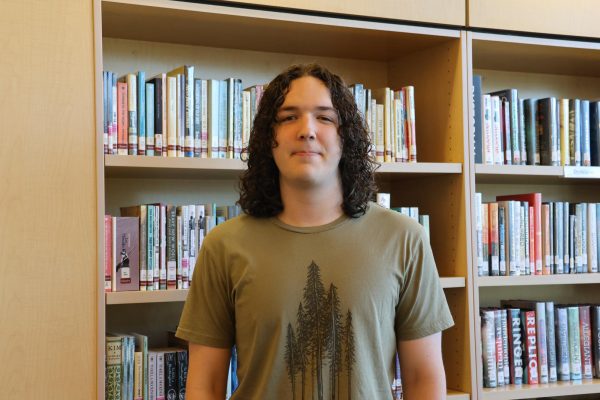Last year, as part of a broader effort to respond to the deficit in learning surrounding climate change at La Salle, Science Department Chair Mr. Matthew Owen worked on creating the Climate Science class as a new elective to help address that need.
At the start of this year, that hope became a reality.
For both Mr. Owen and the first students to take the new class this semester, it has been a learning process.
Originally, Mr. Owen took inspiration from another science teacher, Chris Carman, who presented a webinar for the American Association of Chemistry Teachers on his curriculum. Mr. Owen adapted much of the structure and content from Carman’s course due to both having similar aims for the class.
The class was envisioned as having a repeating format: students would learn material relating to one specific unit and then split into small teams to research subtopics before giving formal presentations to the class. This process would repeat throughout the semester as students study all aspects of the Earth’s climate, examining the effects of its current and historic evolution on the world.
According to Mr. Owen, this system worked early on in the semester, with students successfully becoming experts in the room on a wide variety of topics. Mr. Owen then used his enhanced knowledge of the climate topics, explored in the class’s units, to help him build better climate related mini-units in other courses he teaches. For example, by developing his understanding of evolving temperatures, carbon dioxide levels, and sea levels, he was able to use the information by making it relevant to other science classes. He also connected with different educators to integrate some of this material into classes taught by other teachers.
However, Mr. Owen said that soon this structure was not as engaging for students as he originally hoped. The repeating format became stale: even motivated students had trouble continuing to make the best of the material.
“Students were looking for more in terms of opportunities and different ways to to learn and demonstrate understanding,” Mr. Owen said.
So, he set out to make the class more engaging, prioritizing making sure that students who are passionate about the course and its subjects can get as much out of it as possible.
Firstly, Mr. Owen evolved the format of formal presentations based on sub-units, allowing for more varied types of research projects, and not limiting the summation of each unit to whole class formal presentations, but instead varying the presentations in style, formality, and audience.
He also continued to integrate modern climate science issues into class discussions and learning, including coverage of relevant current news, like what countries and corporations are doing to fight, or worsen, climate change.
As he has taught the course and developed it along the way, he has learned a lot about project-based courses — something rare in the La Salle curriculum — and what he really wants students to get out of this elective.
The class’s overall goal is to give students a foundation for high-level understanding of environmental issues. Beyond that, he wants them to appreciate the immense complexity of the issue by breaking it up into different subsections and from there showing the interweaving systems that power our climate.
“I want students to be able to feel like they have a basis of information,” said Mr. Owen, “to be able to speak to others about this issue knowledgeably, and feel informed and feel, I suppose, empowered, to really do things and take action.”
In the light of this, Mr. Owen seeks to make another evolution to the class — embodied by the current final project — where students research and propose a concrete change La Salle could make to positively impact our environment.
However, “it’s not up to individuals about this. It’s much bigger than that,” he said. “There are immediate things that we can do in our community to help and to at least change [the] conversation and help seep into consciousness, what these actions are, and how important of a topic this is for everybody, not just for for ourselves.”
Mr. Owen hopes that the class can also incorporate more elements pertaining to concrete climate action, helping to make La Salle a greener school across the board. This means, on his end, helping relaunch the Earth Club at the same time as this class and working with the kitchen staff on La Salle’s new reusable dishware. He also focuses on incorporating opportunities to help, and foster, those and similar initiatives in the class itself.
To any teachers seeking to start a similar class, Mr. Owen said he recommends to “be flexible to the students in front of you, try to incorporate things that they’re interested in, and adapt to what’s going to help them.”


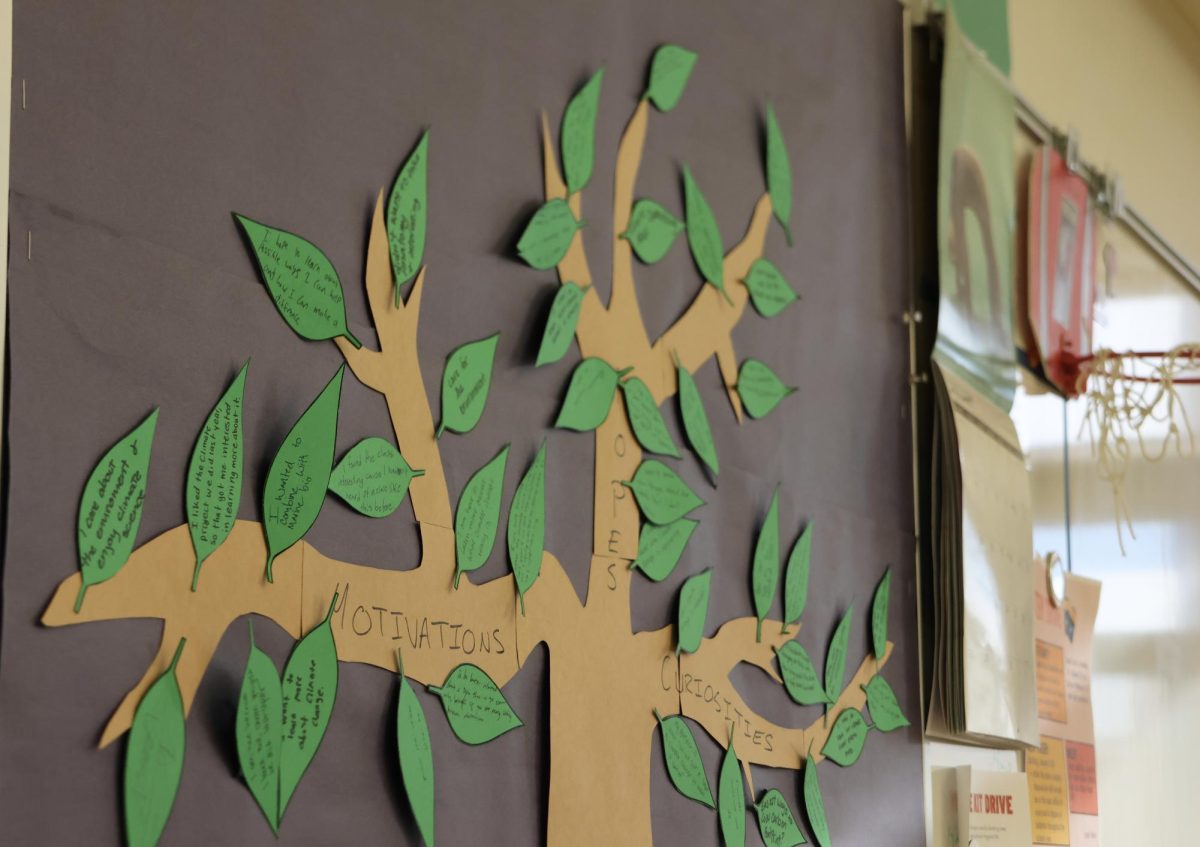
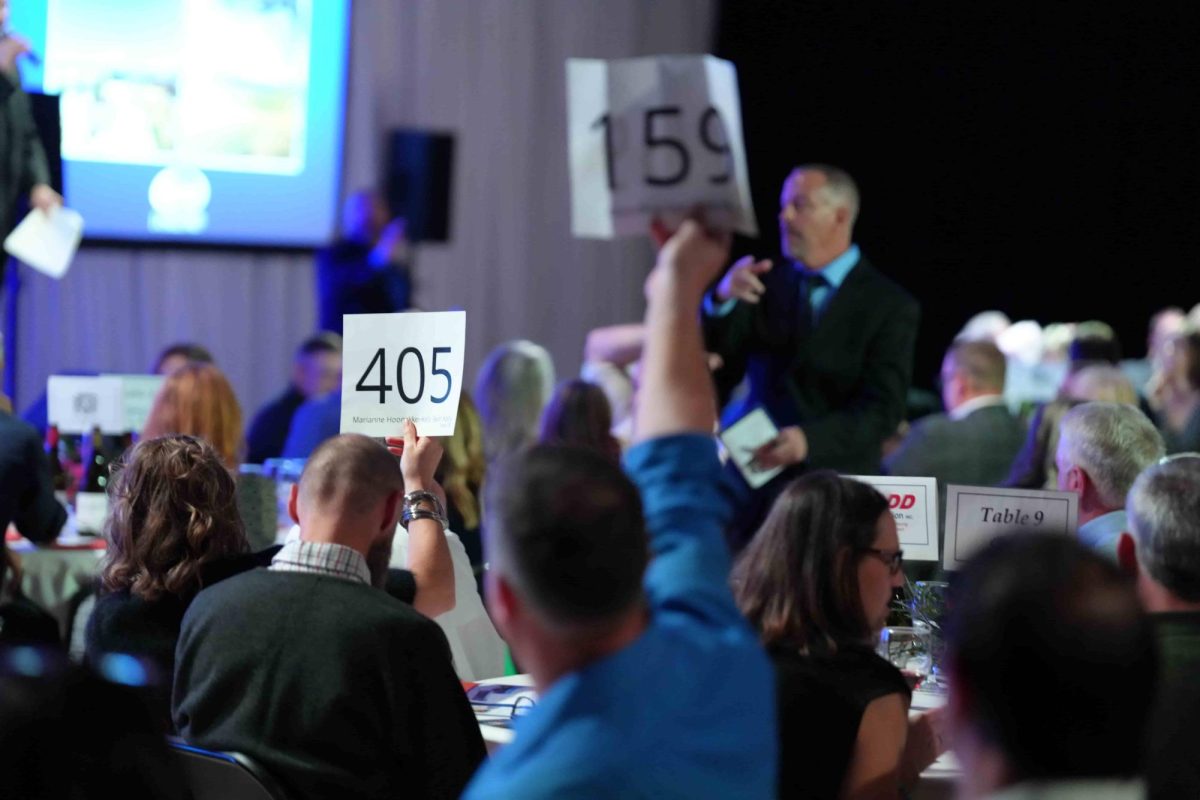


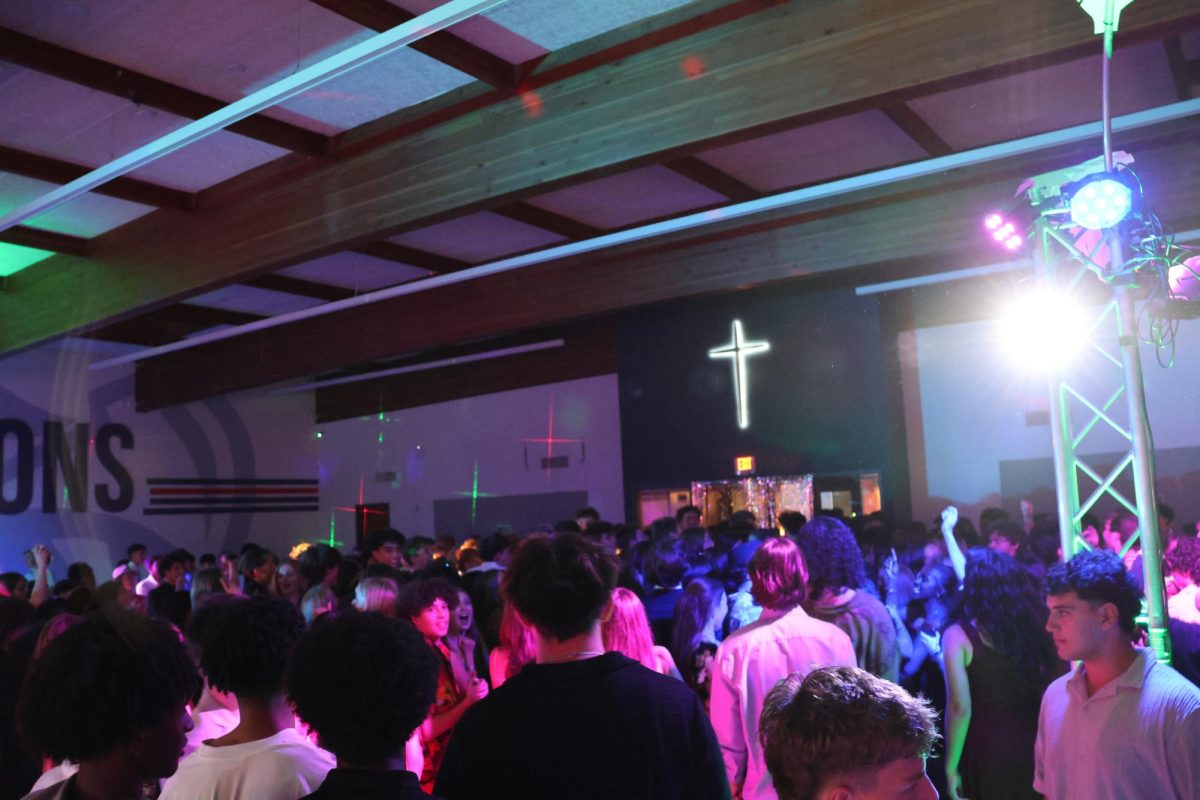
![Mr. Owen Furlong, the temporary Campus Safety Monitor, grew up near La Salle and described how Christ the King was “basically [his] backyard for a long time.”](https://lasallefalconer.com/wp-content/uploads/2025/10/115A2328-1200x800.jpeg)
